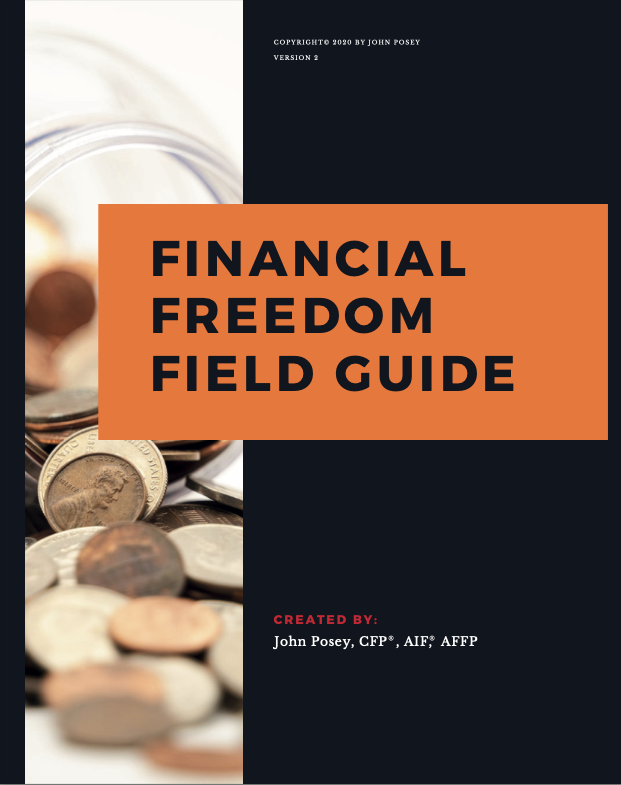1. Determine if You May Have a Taxable Estate
Many people won’t have to worry about this but if you expect having a large estate in excess of $10 million for individuals or $20 million for married couples you definitely need to formalize an estate plan with your attorney, accountant and financial planner. Skip below to the “Determine Needs versus Wants” section if this isn’t you and let’s keep playing Powerball!
If you think you could have a taxable estate, life insurance could be a useful tool to your estate plan. Increases to the federal estate tax exemption have been significant in recent years as the exemption was a mere $2 million per individual in year 2008 compared to what it is today. The 2022 exemption amount is $12.06 million per individual ($24.12 million per couple) and was part of the Tax Cuts and Jobs Act of 2017. Every dollar of your taxable estate (estate value minus the applicable exemption amount) over a $1M threshold gets taxed at 40%, ouch! The current exemption is set to expire after 2025 so it’s entirely possible the exemption amounts could change significantly at that time. Smart planning opportunities exist to mitigate potential tax liabilities, provide estate liquidity and transfer wealth that could include irrevocable and charitable trusts, family limited partnerships, second-to-die life insurance among other estate planning techniques. Work with reputable attorneys, CPAs, CFPs and life insurance professionals to get a plan in place right away and review every few years as the legislation changes periodically.
2. Determine Needs versus Wants
So do you really have a need for life insurance in retirement? I would suggest most have little need for life insurance as they enter their golden years. Ideally as we get closer to our retirement years the kids have left the house (or at least we hope so!), our significant debt obligations like mortgages are hopefully nearing the end of their terms or are paid off and we’ve socked a decent amount into our retirement plans to provide for a comfortable lifestyle. In this scenario, there isn’t much need to pay off debt or provide replacement income to a surviving spouse which are the primary reasons for having life insurance from my perspective. If you have accumulated significant assets for retirement, it’s typically not much of a stretch to assume you’ll have sufficient assets available to cover final expense needs which could easily range $7,500 to over $20k. Here’s a little drawing I made that sums up what I believe the evolution of life insurance looks like which is a classic bell curve:

I believe life insurance generally becomes more of a want than a need as you near retirement. Life insurance proceeds are tax-free to heirs which is a fantastic feature and that fact may encourage you maintain permanent life insurance (ie – whole life, universal life). I’m a supporter of buying all or mostly all term (temporary) life insurance rather than permanent for your working years to provide an income replacement to your spouse and dependents. This is a cost-effective approach for getting coverage in place. If you have traditional whole life or universal life insurance you might consider whether you really “want” it especially if you’re still paying premiums. Keep in mind you can generally convert whole life and universal life policies to paid-up policies, meaning a lower death benefit typically with no more premiums due. This could be a good option for covering final expenses. Of course, everyone’s situation is unique and you may have specific reasons for maintaining permanent lifetime coverage but you should always have a specific purpose for the coverage.
Lastly, I caution you to always keep your life insurance and investments separate. Don’t be talked into buying a life insurance product as an investment. Unfortunately, it has become common practice with some offering life insurance products to try to position it as a great investment opportunity which it most definitely is not. Also beware of the “Be Your Own Banker” strategy often hyped as a get-rich-quick scheme. Remember, your life insurance agent earns a commission on the sale of an insurance product and there’s a reason insurance companies have impressive high-rise buildings in the city. That’s not to say they’re all out to get you, but as a reformed insurance agent, agents are often instructed to “drink the kool-aid” so to speak and sell-sell-sell. In fact, I was once solicited life insurance by an agent who personally knew I offer life insurance in my practice and that wasn’t even enough to keep him from trying to make another sale…to me! Now that’s “drinking the kool-aid” in action! There are good, professional agents out there so be selective and seek them out. In short, work with someone you trust. I’d suggest starting with an independent agent that works with multiple, highly-rated insurance companies.
Advisory services offered through Plains Advisory LLC, an investment adviser registered with the State of Nebraska. Insurance products and services are offered and sold separately through John Posey, a licensed insurance agent. No investment strategy can guarantee a profit or protect against loss in periods of declining values. Opinions expressed are subject to change without notice and are not intended as investment advice or to predict future performance. Past performance does not guarantee future results. Any information provided is designed to provide general information on the subjects covered, it is not, however, intended to provide specific legal, tax, financial or investing advice and cannot be used to avoid tax penalties or to promote, market, or recommend any plan or arrangement. Material presented is believed to be from reliable sources and no representations are made by our firm as to another parties’ informational accuracy or completeness. All information or ideas provided should be discussed in detail with an advisor, accountant or legal counsel prior to implementation.


